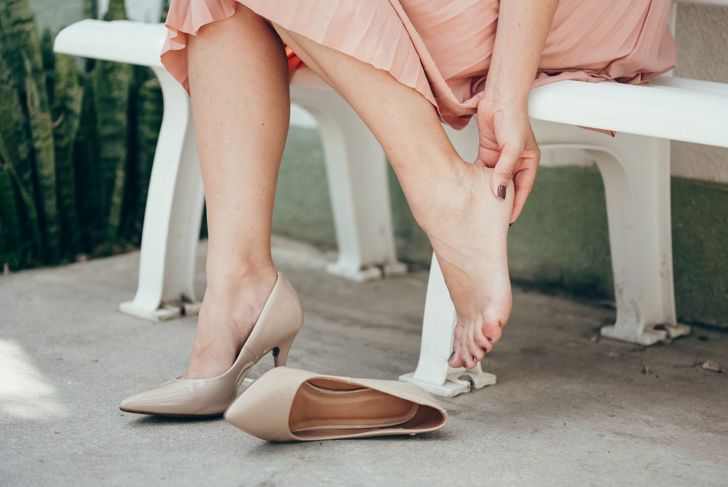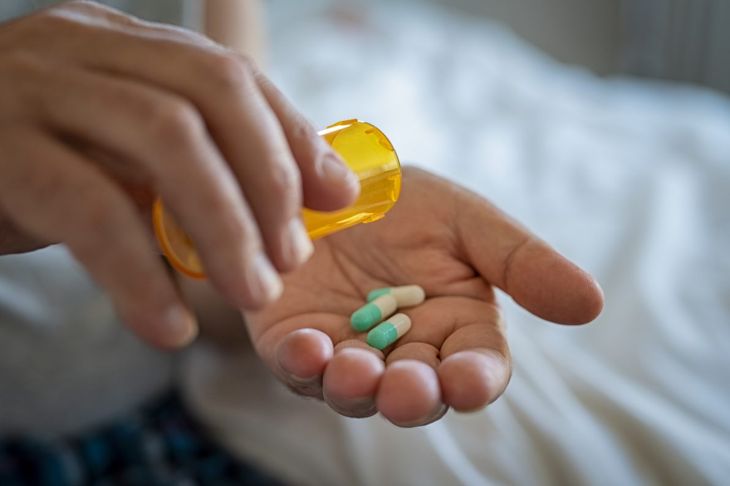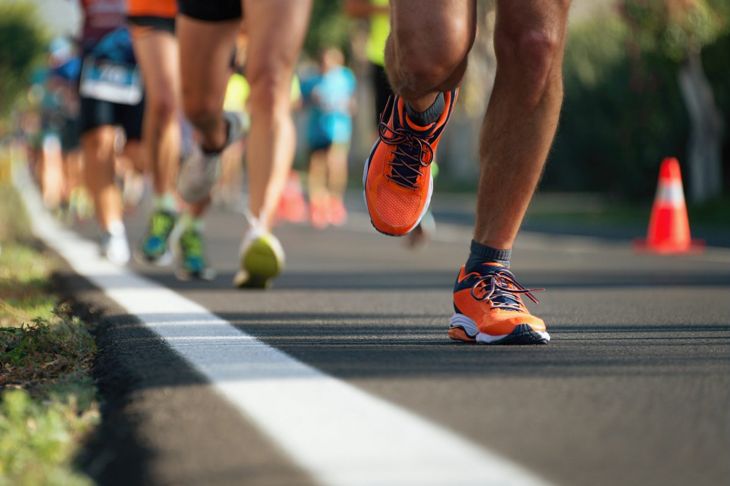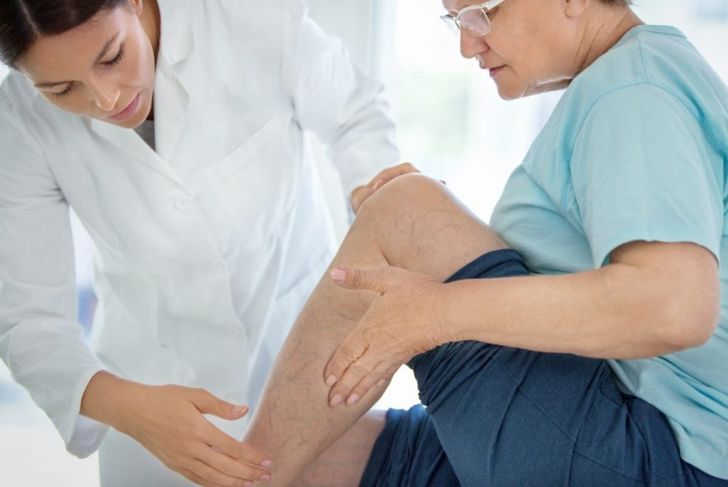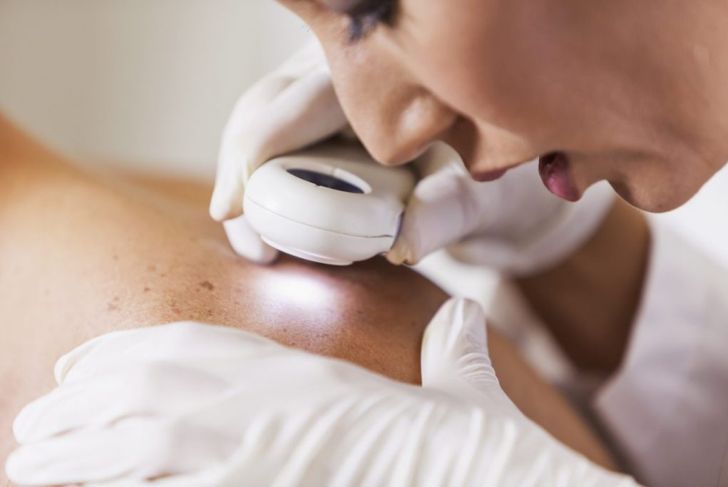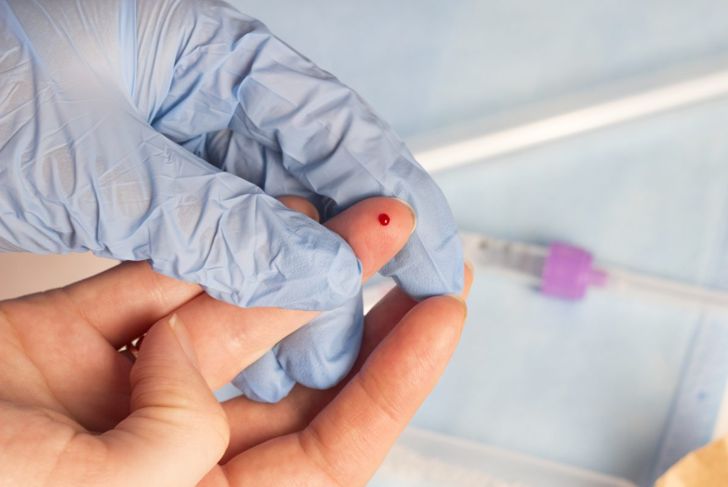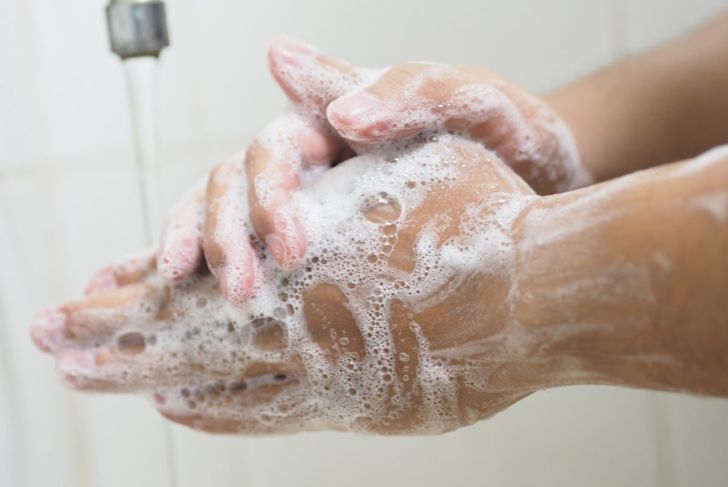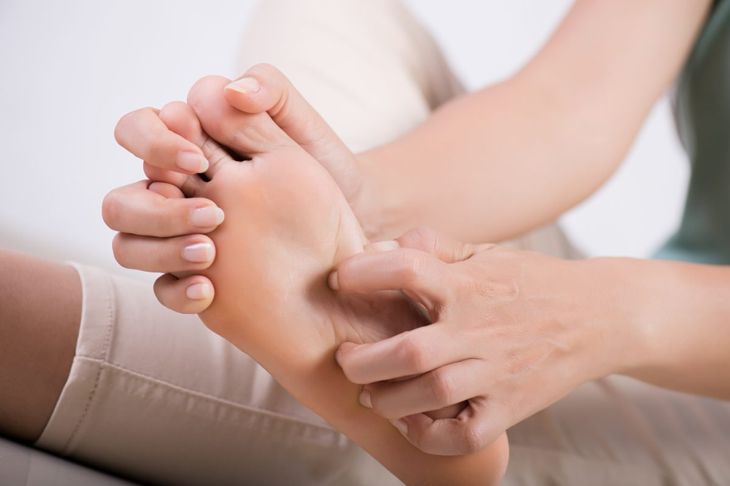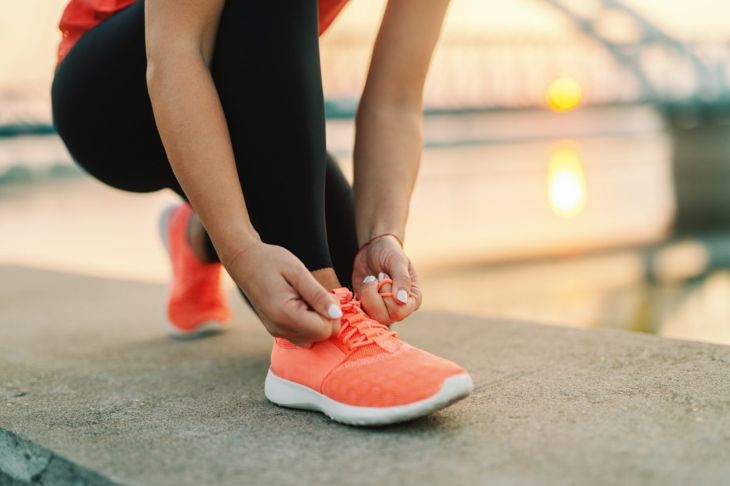Blood blisters form when damage occurs to the blood vessels and tissues beneath the skin, but the skin remains unbroken. Blood, lymph, and other bodily fluids flow from these regions, filling a small pocket of skin. Blood blisters can range from annoying to extremely painful depending on their size and cause.
Causes
Many people develop blood blisters when tools, mechanisms, or weights pinch their skin. They may also occur during forcible human contact, such as grappling or wrestling. Frequent rubbing of skin against an object can also cause blood blisters. Because of this, rowers, drummers, and baseball pitchers have higher risks of blood blisters. Certain conditions, such as frostbite, also include blood blisters among their possible symptoms.
Mouth Blisters
Blood blisters can also develop in the mouth, particularly on the tongue and cheeks. A variety of conditions, medications, and injuries may be responsible for this. Food allergies can create blood blisters, as can food that is too hot or hard, due to damage to the cheek lining. Other possible causes include ulcers, oral herpes, vitamin deficiencies, and prescription drug side effects.
Risk Factors for Blood Blisters
Certain factors can dramatically increase the chances of developing a blood blister. People who are on their feet for long periods, such as dancers or runners, have a higher risk for blisters. Ill-fitting shoes also heighten the risk. Using a tool that rubs against the skin, like a hammer, without wearing protective equipment is also a risk factor.
Complications
Blood blisters usually heal with time and do not require medical attention. However, in certain circumstances, they can lead to serious complications. Permanent scarring and changes in skin texture are possible. Perhaps the most worrying complications are the various infections that can develop if the blister pops or peels. While the infection is initially mild, it could worsen into a dangerous blood or skin infection.
When to See a Doctor
It usually is not necessary to see a doctor to treat a blood blister. However, there are a few signs that indicate the need for medical attention:
Signs of infection, warmth, red lines near the blister
Blister makes it difficult to walk or use hands
Blisters appear with no cause
Blisters keep returning
Blister is in an odd area such as the mouth or eyelids
Blister results from a burn, sunburn, or allergic reaction
Treatment
Depending on the severity of the injury, a doctor may burst the blister with a sterilized needle. Alternatively, an expert may opt to drain it without completely breaking the protective layer of skin to ensure there is no risk of infection. If there is an infection, doctors will prescribe antibiotics. Some doctors may simply cover the blister with a bandage and allow it to heal with time.
How to Drain a Blister
While experts do not recommend it, some people choose to drain their blisters at home. If a doctor has okayed this treatment method, begin by washing both hands and the blister with soap and water. Swab the blister with iodine and sterilize a sharp needle with rubbing alcohol. Using the needle, poke several holes into the surface of the blister. Allow the fluid to drain, but leave most of the skin intact. Apply an ointment and cover the blister with a bandage. Regularly check the area for signs of an infection.
What Not to Do
Though it is possible to safely drain a blister at home, there are still several actions to avoid. Primarily, never pop or burst a blister by squeezing it. This removes the protective layer of skin and increases the risk of infection. For the same reasons, do not peel or scratch the skin. If shoes or equipment caused the blister, do not wear or use them until the blister heals entirely. Never peel or pick the blister with unwashed hands.
Preventing Blisters
To prevent blisters, wear shoes that fit properly. Because sweat can increase the friction inside shoes, moisture-wicking socks can also help. Some people find that insoles help reduce their chances of developing blood blisters. Protective equipment like gloves defends against blisters when using tools and equipment. Avoid eating overly hot or hard foods and be knowledgeable of drug side effects to prevent mouth blisters.
Outlook
Blood blisters generally disappear without any need for treatment or interference. For infections, receiving treatment soon after they develop prevents lasting damage. Some people are more prone to blisters than others and may need to make slight lifestyle changes to adjust to this. Blood blisters do not typically impact a person’s life beyond causing mild pain or discomfort.

 Home
Home Health
Health Diet & Nutrition
Diet & Nutrition Living Well
Living Well More
More